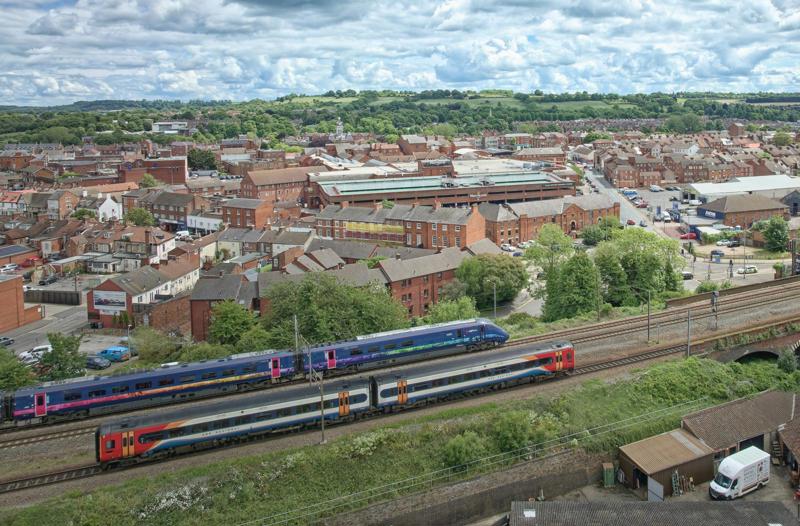
In so many ways, nobody should be surprised by the Office for Rail and Road’s (ORR) refusal of the three West Coast Main Line (WCML) bids. The ORR’s stated position of there being no capacity on the WCML was in the end no bluff – there really wasn’t, despite what some would argue.
But in other ways, it would be right to be a little surprised by the decision to reject Wrexham, Shropshire and Midlands Railway (WSMR) bid, which by many accounts had the strongest business case. It also had tentative support from the Department for Transport (DFT) which the other applications from Lumo and Virgin Trains could not claim.
Although DfT’s tentative support only went so far as to say it passed the abstraction test and that it would not directly harm the coffers of the Treasury. This nod of approval, no matter how slight gave the impression to many within the industry that WSMR had a fighting chance. Mainly because it was offering something a little different and bringing back a direct service to an area which WCML franchise operator Avanti West Coast had backed away from in 2024.
But that in itself was not enough, and it was never likely going to be. Network Rail’s assessment in February 2025 that there was now almost no space on the Fast Lines (in which the applicant’s sought access for) – in fact it said there was the possibility of nine Up direction paths and 9 Down direction paths on the Fast Lines after the inclusion of FirstGroup’s Euston-Stirling service and Avanti West Coast’s reinstated London-Liverpool service. But that was it. All in all, there were 50 applications originating or arriving at London Euston in the up direction and 46 on the down, using that particular stretch of the WCML.
Without that staggering number, it would still not fit, given Network Rail’s evidence that it needed spare paths to act as ‘firebreaks’. These firebreak paths give Network Rail the bandwidth to keep the line moving in case issues arise. It provided evidence that it does, frequently – eroding the space it has to play with. Although WSMR argued that its much smaller application could theoretically fill that gap, Network Rail argued that it would severely hinder performance.
All of that is against these applications without Network Rail’s 2020 declaration that areas on the WCML southern section were ‘congested infrastructure’, again reiterated in ORR’s decision.
Away from the WCML for a minute and whilst Network Rail’s Autumn 2024 Advanced Timetable Team’s assessment did not assess anything further north of Rugby, it didn’t need to as Network Rail’s rather withering assessment in February 2025, of the capacity north of Rugby filled in the gaps. Power concerns between Crewe and Weaver Junction as well as north of Cheshire which would impact the WCML route under heavy traffic, according to Network Rail. That is also without factoring in HS2 traffic, which ORR says in its decision letter: “while the train specification for HS2 is unconfirmed, it is known that for every HS2 service introduced north of Birmingham on the conventional WCML infrastructure, one existing service will have to be removed (without infrastructure enhancements).”
The lack of HS2 currently on the line and ORR’s reticence to deliberate on its implementation when the day comes, brings to question of what next for open access.
It’s hard to see a future for it in the current climate without serious upgrades to both the ECML and WCML, which it is safe to assume are unlikely to come any time soon. Away from that, the mood music coming from DfT and the Treasury is unlikely to hearten the prospective operators. The DfT’s recent letter which asked ORR to consider the Treasury’s finances, and the serious impact open access could have on abstraction from the soon-to-be public railways has set the tone, if nothing else.
ORR dismissed this letter when coming to a decision on the WCML applications and has stated in its response (published today) that it will do so in its decisions on the East Coast Main Line applications which are also due.
Challenges to these decisions are expected, with RAIL understanding that all three are weighing up their options but as Great British Railways approaches, it is becoming quite clear that unless an application serves a purpose that is not just passenger choice, it will quite likely not get the green light.


















Login to comment
Comments
No comments have been made yet.